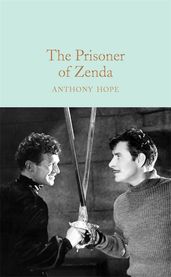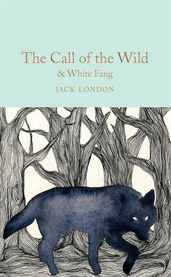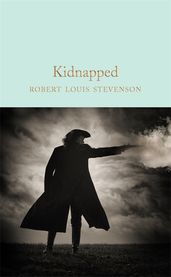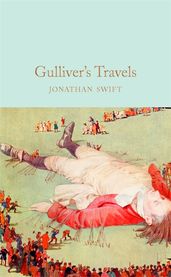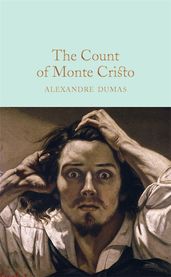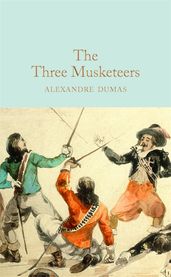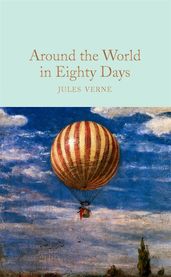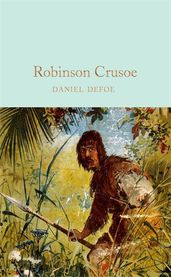The best classic adventure books everyone should read
From Treasure Island and Robinson Crusoe to The Count of Monte Cristo and Herland, get your heart racing with our pick of the best classic adventure books.
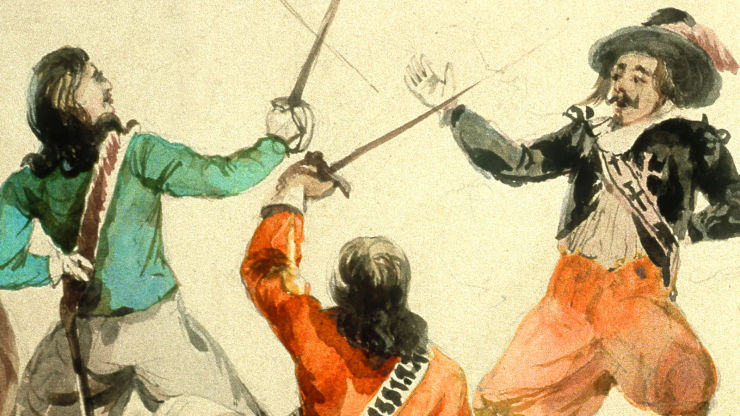
Packed with perilous voyages, stories of survival against the odds and tales of discovery and derring-do, these are the adventure novels that started them all.
Lost Horizon
by James Hilton
One of the greatest classic adventure stories ever told, Lost Horizon by James Hilton is a story with no shortage of action. An eclectic group of plane crash survivors find themselves deep in the Himalayas, where they are rescued by a guide who leads them to a monastery called Shangri-La, hidden away in the mountains of Tibet. On the surface, it is paradise – but what mysteries are hidden beneath? Thought-provoking, eccentric and wildly entertaining, this adventure is not to be missed.
The Prisoner of Zenda
by Anthony Hope
An English gentleman visiting his royal relative saves the day. When the King of Ruritania is found drugged on the morning of his coronation, Rudolf Rassendyll agrees to temporarily pass himself off as the real king. It is only after the ceremony that the king’s absence is discovered. What follows is a high-stakes game of deception and investigation as Rudolf and those in the know attempt to track down their kidnapped king. Hope’s novel kickstarted a trend of faraway thrillers set in fictional countries.
The Call of the Wild & White Fang
by Jack London
Two tales of survival in the wilderness during the 1890s Klondike gold rush. Buck, a pet dog, is stolen from his comfortable home in California and forced to pull heavy sleds while journeying through snowy Yukon, Canada. Changing circumstances, harsh conditions, and dangerous rivalries between other working dogs mean Buck must fight to defend himself. In White Fang a young wolfdog is adopted and taken to California. Eventually both dogs must choose whether to leave humans behind and follow the call of the wild.
Kidnapped
by Robert Louis Stevenson
Orphaned teenager David travels to his uncle Ebenezer’s house to request financial assistance, but is met with a loaded weapon and soon suspects something is awry. After mentioning a possible prior claim to the family estate, David is tricked by Ebenezer, finding himself a prisoner at sea after boarding a boat. With the help of Alan, another sailor, David negotiates his way past constant dangers, until the two reach land and flee across the Scottish Highlands. Stevenson blends historical context and fiction to craft a high-octane story.
Gulliver's Travels
by Jonathan Swift
Jonathan Swift’s answer to the popular travelogue genre is this remarkably imaginative satire. In a series of rollicking adventures, Lemuel Gulliver survives a shipwreck, only to fall prisoner to the tiny Lilliputians. After he escapes their island, ever more outlandish trials await him, where he battles gigantic wasps, fights off pirates, and meets both magicians and talking horses.
The Scarlet Pimpernel
by Baroness Orczy
Someone is rescuing aristocrats from certain death. Evading watchful guards and angry mobs during the bloodthirsty climate of the French Revolution, an unnamed nobleman helps others to escape the guillotine and flee to England. Nicknamed the ‘Scarlet Pimpernel’, his true identity is known only to a select few. When expat socialite Marguerite St Juste is blackmailed by a group trying to unmask the rescuer, she must choose which side to protect. A pioneering portrayal of a hero living a double life.
Herland
by Charlotte Perkins Gilman
In Herland, three male explorers embark on an adventure to find a secret community that, so far, they have only heard rumours about. When the men are captured by some of the women who live there, they are taken to the very place they’ve been searching for. There, they find a society of women living without men, and they are shocked to discover that it is a peaceful and prosperous site of utopia. There, they observe and live alongside the women there. What will happen when these adventurers alter the very thing that makes this community unique?
The Count of Monte Cristo
by Alexandre Dumas
Most recently adapted into a film in 2024, starring Pierre Niney in the title role, the story of Edmond Dantès is the perfect slow-burn revenge arc. Wrongfully imprisoned for years in an isolated fortress, when Dantès finally escapes he plans to seek out those responsible. Guided by the counsel of a fellow inmate close to death, newly liberated Dantès tracks down a treasure and begins transforming himself into the wealthy and mysterious Count of Monte Cristo. He eventually resurfaces as part of the Parisian elite, meticulously plotting his vengeance.
Treasure Island
by Robert Louis Stevenson
Full of perilous voyages, fierce rivalries and frenzied hunts for revered bounties, Treasure Island is a brilliant coming-of-age story that has influenced the way pirates are portrayed in popular culture ever since its publication in 1883. When young Jim Hawkins finds a mysterious map in a dead sailor’s sea trunk, he decides to set out on an exhilarating adventure. But when faced with a band of swashbuckling and fearsome pirates – led by the enigmatic Long John Silver – Jim’s bravery is put to the test.
The Three Musketeers
by Alexandre Dumas
At the heart of every great adventure story is a lively and intrepid group of friends. When France is under threat, a young nobleman sets off to Paris to seek his fortune as a member of the King's Guard and befriends three musketeers: one mysterious, one ambitious, and one . . . bumbling. Together the friends set out on an adventure full of daring sword fights, romances, espionage and murder, all the while never forgetting their famous motto: ‘All for one, and one for all’!
Around the World in Eighty Days
by Jules Verne
Jules Verne is famous for his highly entertaining and incredibly gripping adventure stories, and Around The World In 80 Days is one the most beloved. Phileas Fogg, a gentleman of great wealth, sets off on a thrilling journey when he makes an extraordinary £20,000 wager; he will perform an impossible feat and circumnavigate the globe in just eighty days. Fogg’s adventure full of chaos and romance is so exciting that it has inspired many real-life imitations by people who have attempted to follow his journey!
Robinson Crusoe
by Daniel Defoe
From Tom Hanks trying to survive on a beach with his volleyball companion to the edge-of-your-seat storylines in Lost, Robinson Crusoe by Daniel Defoe is the story of endurance that started it all. Our valiant protagonist finds himself washed up on a remote tropical island completely alone and in the most basic conditions, and he must bravely battle through all the perils that are thrown his way in this extraordinary tale of fortitude and courage. Above all else, it’s a real page-turner, and when it was first published readers found it so convincing that they believed it to be non-fiction.

